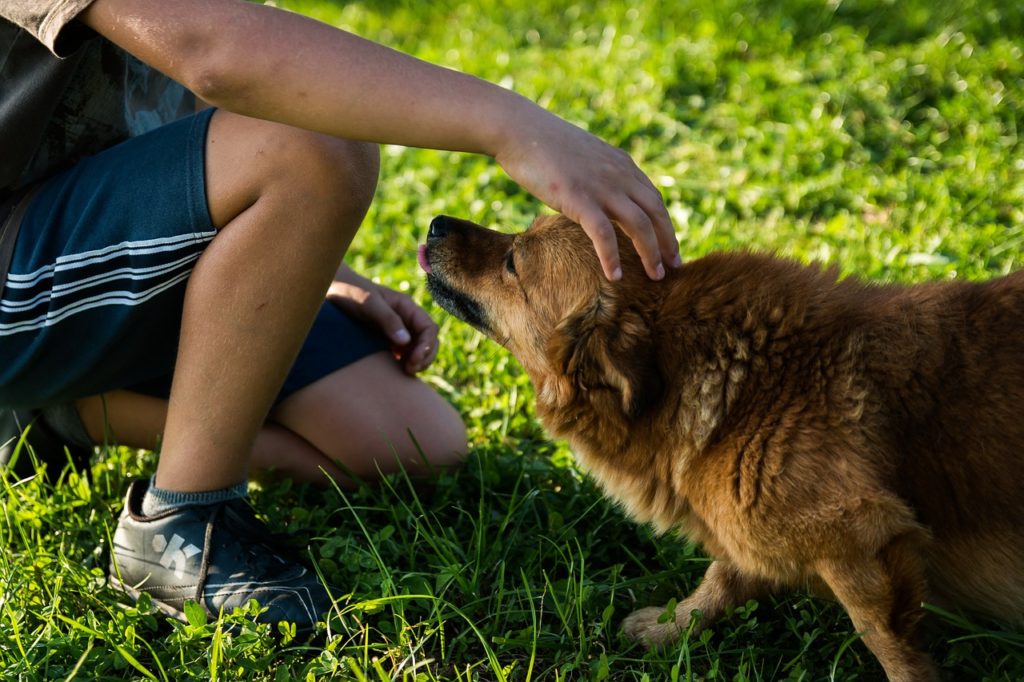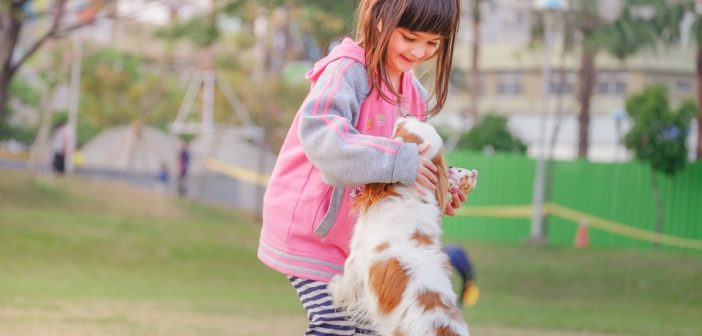Animals and kids are made to be together. They are both full of boundless energy and are capable of unconditional love. Having a pet also teaches kids a lot of important life lessons like responsibility and how to care for others.
However, when you spend a lot of time with animals, it is easy to become complacent. Sometimes both parents and children forget the fact that even the most docile pet is still a primal creature driven by instincts.
Regardless of whether your family has pets on not, there are some very important things every parent should teach their children about animals. These are to ensure both the safety of the animal and child.
Every parent should teach their children that:
1. All animals, wild or domesticated, should be treated with respect
As living creatures, animals feel pain and fear. Scaring or hurting an animal just for fun is never ok. In these situations an animal may act unpredictably to protect itself. This could end up with a child being injured.
2. Even the most placid animal can turn on a human
We’ve all heard horror stories of children being harmed by the family dog. I’m sure most of those parents never thought it would happen and trusted their pet implicitly.

For this reason it is important to:
- Never leave pets unsupervised with small children
- Teach your children how to properly handle pets e.g. no pulling tails, ears, fur and no teasing. Hold them in a supportive way and pat gently.
- Do not let your children touch an animal’s food or go near them while they are eating.
- Do not let children eat at a level where an animal could easily grab their food.
- Teach your child that animals can’t talk to tell you they aren’t happy so they need to look for warning signs such growls, laid back ears, or raised hackles.
- Remember that screaming, running around and waving arms can excite dogs, who may become overly boisterous in their play, including nipping or jumping up. Teach your children how to behave calmly around animals.
- Teach children to be cautious around animals that are sick, injured, pregnant or have babies as they will be more protective and potentially aggressive.
3. Never approach an animal you don’t know
This goes for cows in a field, dogs on the street or even wild birds. If they ever want to pat an unfamiliar dog, they should always ask the owner first and never approach a dog that is tied up or restrained in a vehicle.
4. Don’t run if a strange dog approaches you
Teach your child that running will likely provoke a dog to chase you. If they feel threatened, they should walk away slowly, without making eye contact with the dog, and find a place of safety.
If the dog runs right up to your child, standing very still and letting them sniff will help reassure the dog there is no threat and they should move on.
Growing up and around animals is a wonderful experience for children and they can make lots of memories with their beloved pets. Teaching your kids how to treat animals with respect and caution will ensure all their memories are happy ones.
Read more about what types of animals make great pets for kids here.

